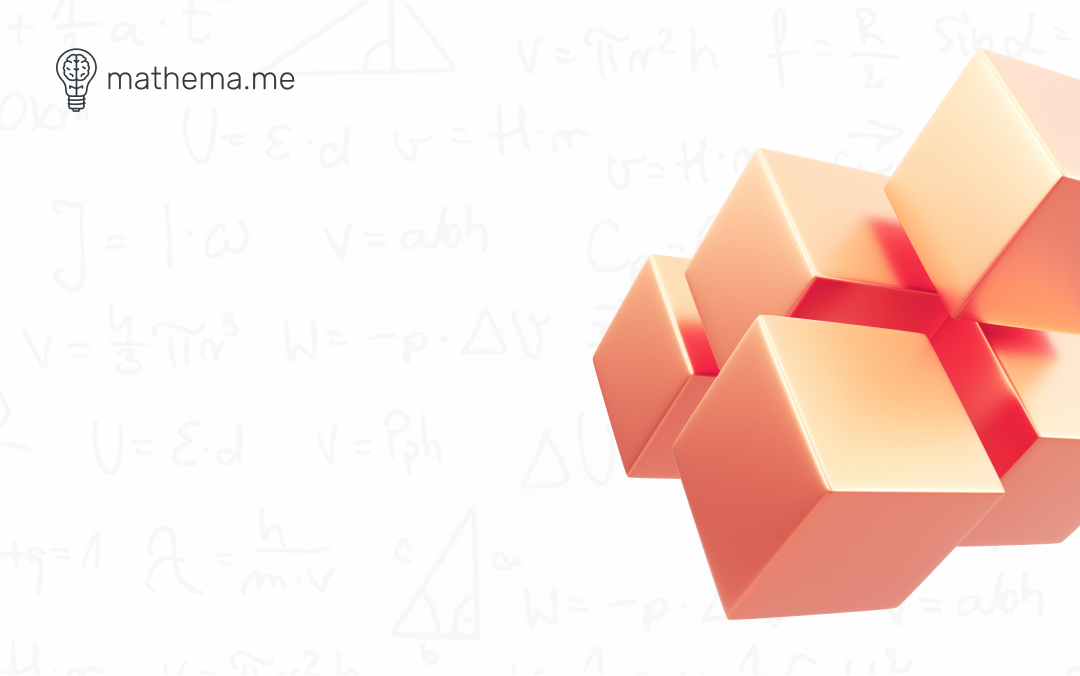- 1 Understanding the Basics
- 2 Techniques to Improve Mental Math
- 3 Benefits of Mental Math
- 4 Conclusion
- 5 FAQs
- 5.1 1. How early can I start teaching my child mental math skills?
- 5.2 2. My child struggles with math. Will mental math be too challenging for them?
- 5.3 3. Are there any resources or materials I can use to help teach mental math at home?
- 5.4 4. How much time should my child spend practicing mental math each day?
- 5.5 5. My child relies heavily on calculators. How can I encourage them to do mental math instead?
Mental math is like a superpower — it lets you solve math problems in your head without needing paper or a calculator. Teaching your child how to get better at mental math can boost their confidence, improve their number skills, and make math more fun! In this blog, we’ll explore some simple techniques and activities to help your child become a mental math wizard.
Understanding the Basics
Before diving into mental math techniques, it’s important for your child to have a solid grasp of basic math concepts like addition, subtraction, multiplication, and division. These skills serve as the building blocks for mental math.
- Addition: Addition is combining numbers together to find a total. For example, 2 + 3 = 5 means you have 2 things and add 3 more to get 5 in total.
- Subtraction: Subtraction is taking away one number from another. For instance, 5 – 2 = 3 means you start with 5 and take away 2 to get 3.
- Multiplication: Multiplication is adding a number of multiple times. For example, 3 × 4 = 12 means you add 3 four times to get 12.
- Division: Division is splitting a number into equal parts. For instance, 10 ÷ 2 = 5 means you divide 10 into 2 equal groups, each containing 5.
Techniques to Improve Mental Math
- Practice with Flashcards: Flashcards are a simple yet effective way to practice mental math. Create flashcards with addition, subtraction, multiplication, and division problems, and encourage your child to solve them quickly.
- Use Manipulatives: Manipulatives like counting beads, coins, or blocks can help visualize math problems. For example, use beans to demonstrate addition or subtraction by physically moving them around.
- Break Numbers Down: Encourage your child to break numbers down into smaller, more manageable parts. For instance, when adding 8 + 7, they can break it down into 8 + 2 + 5 to make it easier to solve mentally.
- Practice Estimation: Estimation is making an educated guess about the answer to a math problem. Encourage your child to estimate the answer before solving it to develop their number sense.
- Use Number Patterns: Help your child recognize number patterns that can make mental math easier. For example, when multiplying by 10, simply add a zero to the end of the number.
- Play Math Games: Turn mental math practice into a game! There are plenty of fun math games and apps available that make learning enjoyable and interactive.
- Encourage Mental Math Challenges: Challenge your child with mental math exercises in everyday situations, like calculating the total cost of items while grocery shopping or figuring out how many slices of pizza each person gets at a party.
- Practice Regularly: Like any skill, mastering mental math takes practice. Encourage your child to practice mental math regularly to strengthen their abilities.
Benefits of Mental Math
Teaching your child how to get better at mental math offers numerous benefits:
- Improved Number Sense: Mental math helps develop a deeper understanding of numbers and how they work together.
- Enhanced Problem-Solving Skills: By solving math problems mentally, children learn to think critically and creatively to find solutions.
- Increased Confidence: Successfully solving math problems in their head boosts your child’s confidence in their mathematical abilities.
- Quick Thinking: Mental math teaches children to think quickly and make decisions on the spot, which can be helpful in various situations.
- Practical Application: Mental math skills are useful in everyday life, from calculating tips at a restaurant to budgeting expenses.
Conclusion
Teaching your child how to get better at mental math is a valuable skill that can benefit them in many ways. By incorporating simple techniques and activities into their learning routine, you can help them develop confidence, improve their number skills, and make math more enjoyable. With practice and patience, your child can become a mental math whiz!
Consider Mathema for more such math resources for your child!
FAQs
1. How early can I start teaching my child mental math skills?
You can start introducing mental math concepts to your child as early as preschool age. Simple activities like counting objects and recognizing numbers lay the foundation for more advanced mental math skills later on.
2. My child struggles with math. Will mental math be too challenging for them?
Mental math can actually help children who struggle with math. It allows them to visualize numbers and understand mathematical concepts in a different way. Start with simple exercises and gradually increase the difficulty as your child becomes more comfortable.
3. Are there any resources or materials I can use to help teach mental math at home?
Yes, there are many resources available to help teach mental math at home. You can use flashcards, online games, math workbooks, and educational apps specifically designed to improve mental math skills.
4. How much time should my child spend practicing mental math each day?
The amount of time your child spends practicing mental math depends on their age, ability, and interest level. Start with short practice sessions, around 10-15 minutes per day, and gradually increase the time as your child becomes more proficient.
5. My child relies heavily on calculators. How can I encourage them to do mental math instead?
Encourage your child to use mental math in everyday situations where a calculator may not be available, such as calculating change at the store or estimating the total cost of items in a shopping cart. Praise their efforts and provide positive reinforcement when they successfully solve math problems mentally.



